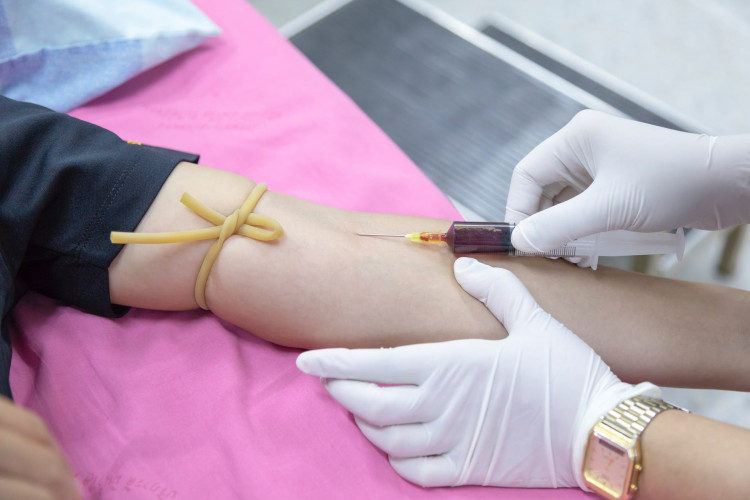HIV, which stands for human immunodeficiency virus, is one of the major health conditions the world is facing right now. Amid all the efforts of the government to combat this virus and its effects, the numbers of people acquiring the disease are still increasing dramatically.
As a matter of fact, in 2017 alone, the number of people who are HIV/AIDS positive has already reached 36.9 million, as reported by Avert. Among all these people inflicted with the virus, 35 million of them are females who are trying to fit in the world despite being HIV positive.
Unfortunately, since studies and clinical trials conducted regarding HIV diseases mostly include men, experts tend to have lesser information about the disease and how it affects women. This, in turn, also affects their research towards accurate treatment, vaccines, and cures among woman.
This is, in fact, very bad news for woman especially that researchers found out how men and women respond differently towards HIV infection. Because of this, women's lives are more at risk of being in danger as compared to males.
The New York Times state an example that shows how women and men's immune systems respond differently. According to the online news blog, an example of this can be observed when someone is given a flu shot. Once females receive their shot, their body creates a much better immune response as compared to the males.
Meanwhile, when it comes to their response to HIV, women's body tend to be stronger in controlling the virus within the first five to seven years. But as years go by, the progress becomes faster as compared to their counterparts, which can make them more susceptible to strokes and heart attacks.
With the recent discovery, experts are now focused on looking for a way to understand both genders when it comes to HIV. This is for them to be able to conduct more treatments, cures, and vaccines that will not just cater to the needs of the males, but also with females too. "If we're going to find a cure, it's important that we find a cure that works for everybody," said Rowena Johnston, AMFAR's Director of Research.
Dr. Monica Gandhi, Professor of Medicine at the University of California, San Francisco, explains a possible reason why male and female's body tend to act differently towards viruses and other situations that could damage their body. According to the expert, the difference between the response of males and females could probably because of their body's hormones and the way it responds.






